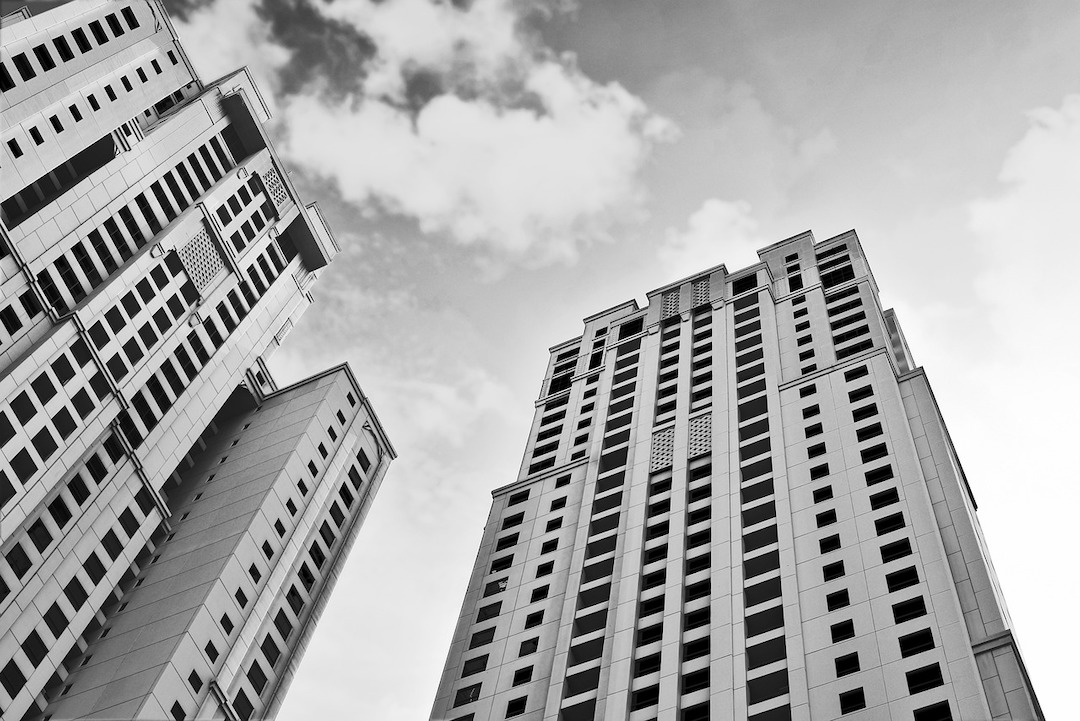The Insurance Institute for Business & Home Safety (IBHS) expanded FORTIFIED, a voluntary, beyond-code, resilient construction program, to include the multifamily sector. The standard is geared to homes built or retrofitted to perform better in severe weather, including powerful high winds and heavy rain from thunderstorms, derechos, hurricanes, and tornadoes.
IBHS says it will offer its FORTIFIED Home certification courses for free to nonprofit organizations building homes for families with low to moderate incomes. It will also eliminate the small administrative fee it collects to review and process FORTIFIED designations for single-family homes built by nonprofit organizations for families with low to moderate incomes.
In addition, IBHS will advance research-based affordable resilience solutions, including guidance on ways to make manufactured and modular homes more resilient through public policy initiatives. The organization will continue to collaborate with insurance companies, federal, state, local, and tribal entities, nonprofits, and others who build or have a shared interest in resilient homes and strengthened communities.
To achieve certification, builders and contractors must adhere to strict construction standards developed by IBHS to minimize damage from severe weather. Key resiliency features must be verified and documented by an independent, third-party evaluator.
Related Stories
| Jan 18, 2012
Report analyzes residential hurricane codes in 18 states
The Insurance Institute for Business & Home Safety (IBHS) released a new report analyzing residential building codes in 18 hurricane-prone coastal states along the Gulf of Mexico and the Atlantic Coast.
| Jan 18, 2012
Death in Chicago high-rise apartment fire blamed on fire code
The death of a Chicago woman who stepped off her elevator into a blazing inferno last week has underscored the need for fire sensors in elevators.
| Jan 18, 2012
California approves open cell spray foam for energy efficiency standards
The California Energy Commission (CEC) now recognizes open-cell spray foam as an accepted insulation in its 2008 Building Energy Efficiency Standards.
| Jan 5, 2012
Building to LEED standards now an 'easy call' from cost standpoint
Once seen as a cost burden, building to LEED standards is now an "easy call," according to Dan Probst, chairman of energy and sustainability for real estate management and development firm Jones Lang LaSalle.
| Jan 5, 2012
Minnesota's GreenStep Cities program aids communities in winning grants
GreenStep Cities, a Minnesota initiative, was designed to provide greater recognition to the state's communities for achievements in meeting sustainability standards and goals.
| Jan 5, 2012
Some ADA accessibility rules change in 2012
Some changes to the Americans with Disabilities Act go into effect beginning March 15, 2012.
| Jan 5, 2012
Ontario's stringent energy code has builders concerned over indoor air quality
Some Ontario builders are worried that new building code requirements with stricter energy efficiency measures could lead to poor indoor air quality.
| Jan 5, 2012
New law bars Defense Department from new LEED certifications
The Defense Department will not be allowed to use any money to certify its buildings LEED Gold or Platinum, under a law President Obama signed Dec. 31.
| Jan 5, 2012
Some ADA accessibility rules change in 2012
Some changes to the Americans with Disabilities Act go into effect beginning March 15, 2012.
| Jan 3, 2012
New SJI Rule on Steel Joists
A new rule from the Steel Joist Institute clarifies when local reinforcement of joists is required for chord loads away from panel points. SJI members offer guidance about how and when to specify loads.
















